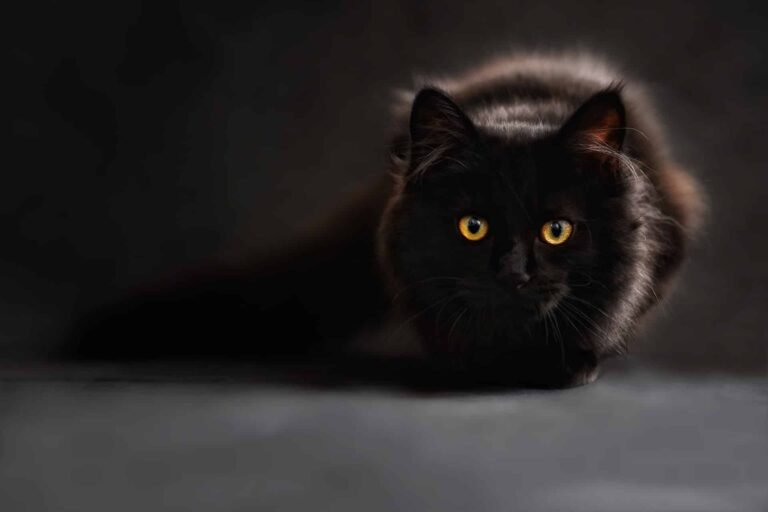
While much research has been devoted to the cognitive abilities and intelligence of dogs (Canis familiaris), very few are dedicated to pets (Felis catus). Often considered independent or unruly compared to dogs, cats nonetheless develop deep bonds with their owners. According to a small study published in the journal Pet cognition, they would not only distinguish the voice of their master from that of a stranger, but also when the latter is addressed especially to them and not to another. You would think that the man-cat relationship has its own “language”, but also unfortunately, felines sometimes choose to ignore us when they realize that we are talking to them…
When addressing someone, we tend to change our tone depending on the person or subject of the request. Out of love and affection for them, it is common for us to cuddle our pets, even if it means talking to them in the same way as a child. If dogs often respond easily to their masters, or to a simple affectionate gesture, this is not necessarily the case with cats. In fact, previous studies have proven that although they recognize their masters’ voices, they sometimes tend to deliberately ignore them, at least when the subject of the call does not interest them.
According to the researchers, their appearance and lethargic behavior when trying to attract their attention would be the result of an “incomplete” domestication that came later than that of the dog. Some experts also believe that cats have “domesticated themselves”, probably to adapt to living with humans for food and privileges.
On the other hand, in ethology, the notion of animal intelligence becomes more and more profound considering the behavior observed in pets – which sometimes exceeds our expectations and above all our understanding. Given their “strong characters”, one might think in this sense that cats only listen to their masters because they want to and not because they have been trained.
This “indomitable” side probably explains the lack of studies dedicated to cats, as their reactions to experiments are probably difficult to analyze. The new study, led by researchers at the University of Paris Nanterre, involves fewer than 20 cats, but is already providing insight into the subtleties of human-cat relationships. Although it has been shown in particular that our cats can recognize our voice, less is known about how they react to it.
In the new study, the researchers put 16 cats through three different conditions where they had them listen to voice recordings. The first changed the speaker’s voice to sound like their owner’s. The second was to change the tone the owners use when addressing someone else (an adult) or the cat. And the third was to change the pitch of a foreign voice when talking to a human or the cat. The cats’ behavioral changes were then assessed based on their resting state changes, ear movements, pupil dilation and tail movements.
In the first condition, 10 of the tested cats showed a decrease in response to hearing three voice recordings of a stranger’s voice calling them by name. By listening to their owners’ voices, their behavioral changes and physical reactions increased significantly. These results indicate that cats can quite easily distinguish their owners’ voice from that of a stranger.
When the cats were exposed to the second experimental condition, they showed a significant decrease in interest when the tone of their owners indicated that the messages were not directed at them. On the other hand, there was a resurgence of interest when the tone showed that the owners were speaking specifically to them. Furthermore, they ignored strangers even when they changed their tone to address cats specifically.
However, it should be kept in mind that these results relate to only 16 individuals and therefore may not fully shed light on all the subtleties of these cats’ behaviour. As a next step, the researchers are thinking of repeating the experiment by choosing cats that are more socialized and more used to being around people other than their masters.